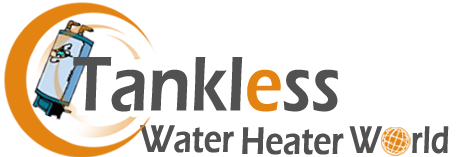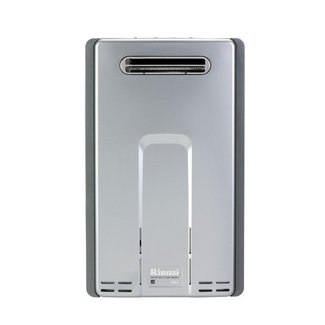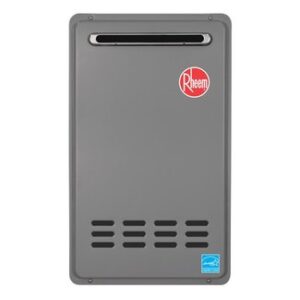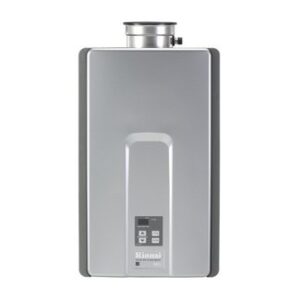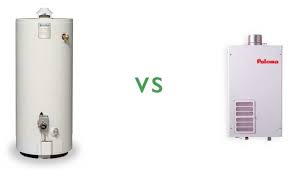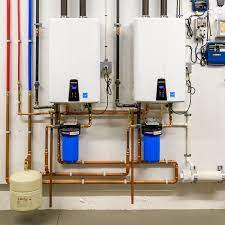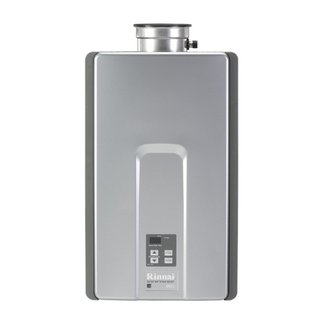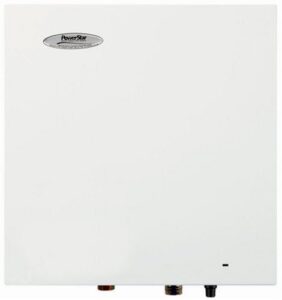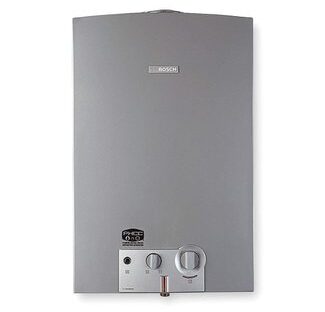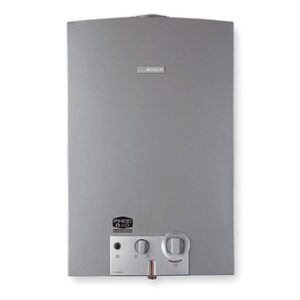As the holiday season comes round the corner, you are bound to be visited by guests! This is when a warm shower can soothe your body and mind. During the cold winter season, you will be glad that a tankless water heater is installed at your home.
By definition, tankless water heaters are used to heat water. This equipment will ensure the continuous flow of warm water. Tankless water heaters have become a norm in different parts of the world, especially in Japan and Europe. The tankless water heaters play an important role in the green movement. Energy-efficient tankless water heaters can last between 20 and 25 years. Also, they occupy very little space and energy.
In this article, you will read about how a tankless water heater works.
To understand how the tankless unit functions, you must be aware of how a conventional water heater works. The conventional water heaters have huge tanks that can store warm water. The tank heats water continuously. This means you will receive hot water at all times. Water from traditional water heaters is maintained at a steady temperature. The energy used to maintain water temperature even when you don’t need is known as “Standby Heat Loss”.
What are tankless water heaters?
Tankless water heaters don’t have a “huge storage tank”. These systems don’t lose energy in standby mode. That is because water is heated only when you want it to be hot. Tankless water heaters are also known as “on-demand systems”. The new water heaters can eradicate heat loss by 90%. This makes the tankless units extremely efficient.
The Heat Exchanger
The tankless water heaters generate hot water using a powerful heat exchanger. The heat exchanger is responsible for increasing the temperature.
By definition, the heat exchanger is the equipment used to transfer warm energy from one source to another destination. The heat exchangers are used in many appliances like the refrigerator, car radiators, and air conditioners.
The heat exchangers in a tankless water heater get activated with water flow. The moment it senses incoming water, it gets activated. Water flows into the heat exchanger and then into the tap. This means cold water gets heated at the exchanger and becomes hot.
Different Types of Tankless Water Heaters
Best Tankless water heaters are sold in two different variants: the whole house and point-of-use heaters.
- Whole-house heaters are meant for big homes. These heaters suffer a lag time. They can be used to heat an entire home. When you are unable to install individual tankless water heaters in each room, you can go for a whole-house system. In the long run, these systems will be cheap and reliable.
- Point-of-use water heaters are small units. These units can be used to heat water at one or two outlets. For example, you can heat water at your kitchen sink and washing machine pipe. These water heaters are extremely compact. They can be installed even inside a closet or kitchen cabinet. Point of use water heaters doesn’t suffer lag time. That is because they are installed close to the outlet.
Choosing the Right Product
When you are about to buy a tankless water heater, you must pick from natural gas, electric, and propane models. In most places, the Point-of-use water heaters are electric. Whole house water heaters can be powered using propane or natural gas. The model you choose depends on many factors.
- You must be aware of the “flow rate”. Flow rate determines the amount of hot water you require.
- Temperature rise plays a very important role. It is the difference between the desired output and groundwater temperature.
- The Federal Energy Policy Act 1992 introduces many limitations and regulations on how water heaters can be used. This policy limits household water fixtures to 2.2 gallons per minute. Before you buy a water heater, you must calculate the required flow rates and temperature rise.
On the whole, tankless water heaters have become important household equipment. Almost every home needs an energy-efficient water heater. Unfortunately, reliable water heaters are expensive. That is why you must understand the equipment and your need. It is always good to know how your tankless water heater works.
